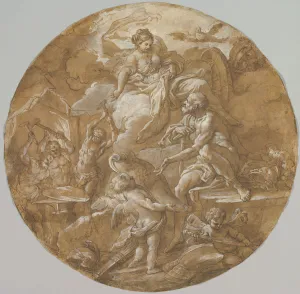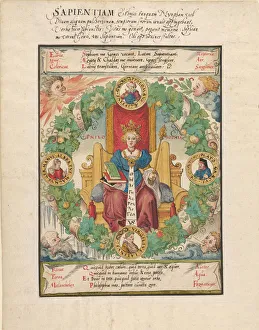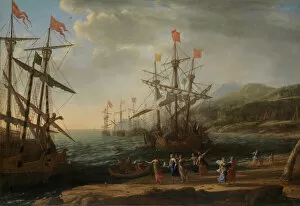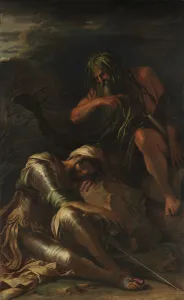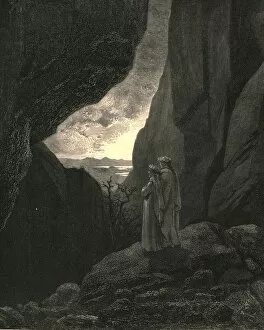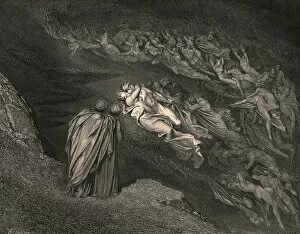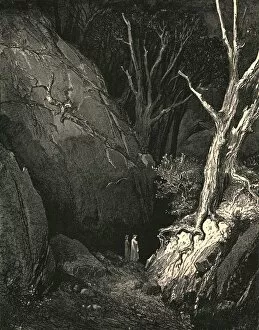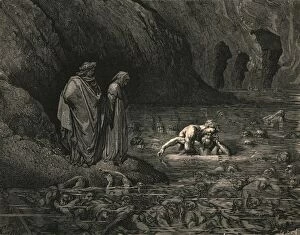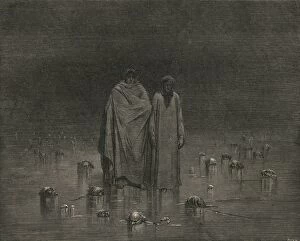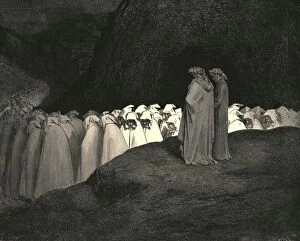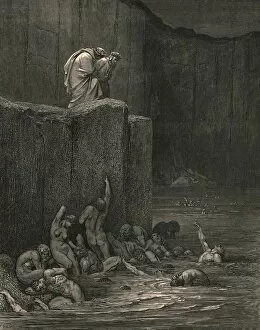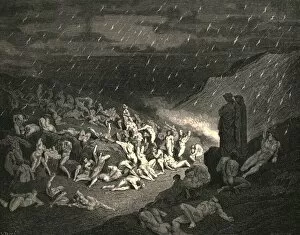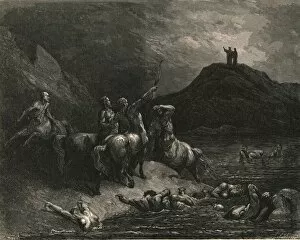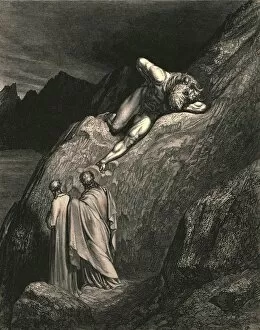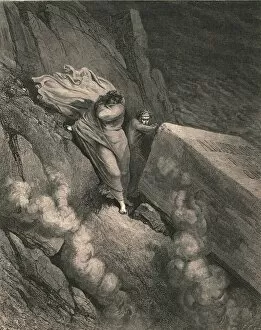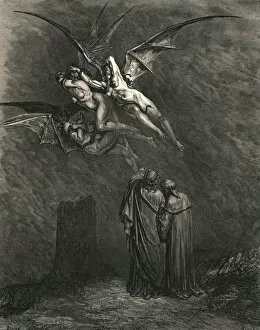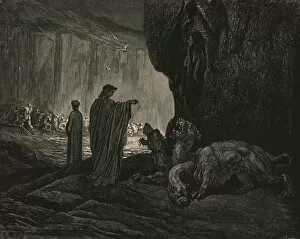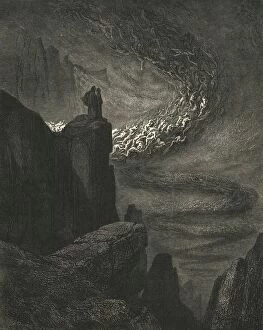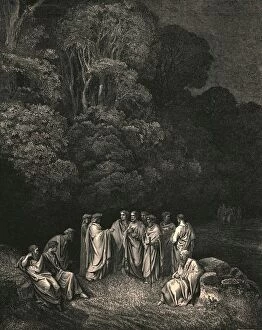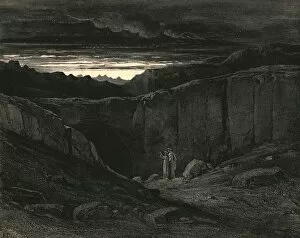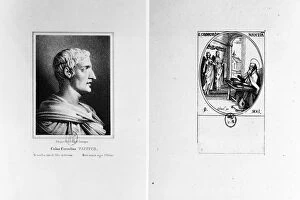Publius Collection (page 2)
"Publius: A Name Woven into the Tapestry of History" From the epic Battle of Zama where Scipio Africanus confronted Hannibal, to the colorful reign of Hadrianus
All Professionally Made to Order for Quick Shipping
"Publius: A Name Woven into the Tapestry of History" From the epic Battle of Zama where Scipio Africanus confronted Hannibal, to the colorful reign of Hadrianus, it has left an indelible mark on history. One cannot mention Publius without acknowledging his role in shaping political thought. James Madison, writing under this pseudonym in 1787, penned Essay number ten from the Federalist Papers—a seminal work that explored the dangers of factionalism and advocated for a strong federal government. But Publius is not confined to politics alone; he also finds expression in art and literature. Agostino Carracci's masterpiece "Omnia Vincit Amor" captures the essence of love conquering all—an eternal theme celebrated by Publius Ovidius Naso through his poetic genius. Venturing beyond earthly realms, Gustave Doré's enchanting artwork "Thence issuing we again beheld the stars" reminds us that even among celestial wonders, Publius remains present. In military annals, Scipio Africanus Ynger embodies bravery and strategic brilliance as he uncovers treacherous conspiracies while leading Roman legions to victory. His triumphs echo those witnessed during Gallic Wars when Ariovistus deployed his cavalry against formidable foes. Throughout these historical events, one name stands tall—Scipio Africanus—the embodiment of leadership and valor. As a Roman general and consul who lived from 236-183 BC. , he exemplifies everything that makes Publius revered throughout time. So let us remember this illustrious figure whose name transcends boundaries—Publius—a symbol of intellectual prowess, artistic inspiration, military might, and enduring legacy.



